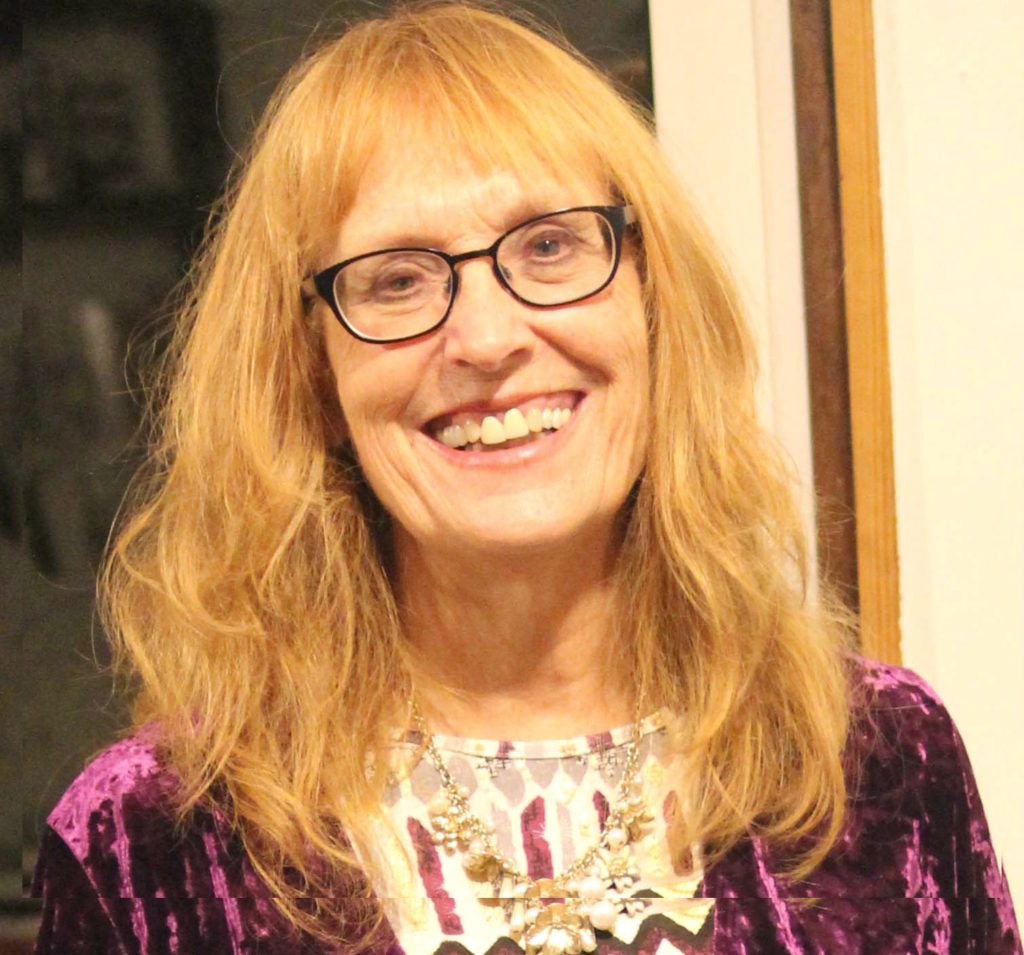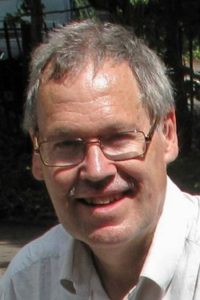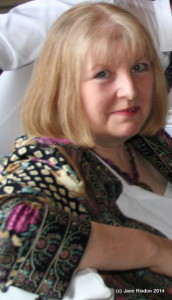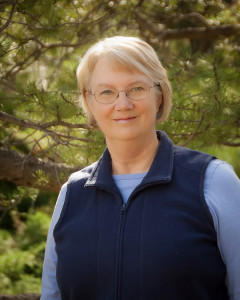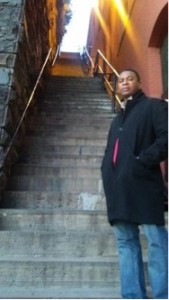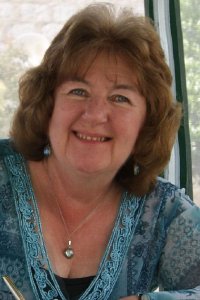
What’s the number one thing I can do to get published? What’s your best piece of advice?
Authors ask these two questions the most. Interestingly enough, they have the same long answer. But in short: Strength. Have you heard the words “strong” manuscript yet? If you’re a writer, you will. Why? That’s what agents look for. I’m coining the phrase. A strong manuscript is one with good use of language, good sentence structure, no plot holes, a complete manuscript, it has a clear beginning with rising action to a climax and resolution, a strong voice (another post), showing action, not telling the reader things they’d rather “see,” and above all, they need a great concept.
Not just a good one. Agents get hundreds of good books that come close, but are not quite ready. “Good” is a debatable and subjective term; “great” means simply better than “good.” You can’t know what every agent’s stance and tolerance level is. Just to be sure, make yours as great as you can.
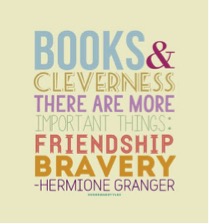
Agents are looking for a book that is either ready to publish, or one revision away from publishing. So, edits never hurt. Use your beta readers. If you need an editor, NOW is the time. The agent doesn’t have time to sign you and then wait for your manuscript to be edited to greatness. It needs to be there already for the agent’s signature. They will have edits for you right away, and the publisher may do multiple rounds of edits for/with you.

Hire the independent editor before querying the agent. Do all you can to make sure that your manuscript is ready to go, from the internal killer sentences, to the format of your manuscript. Look here for a checklist of items for completing your publish-ready manuscript: http://c.ymcdn.com/sites/www.ibpa-online.org/resource/resmgr/docs/IBPA-checklist-FINAL.pdf
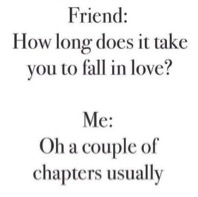
You are the one who makes your manuscript a dynamic story. When you have a strong manuscript, it will capture an agent. That’s your job. The agent will help you find the right publisher and negotiate the contract. But what you have at the starting gate will determine the outcome of your “race” to the finish line.
Your query (How to Write a Query) is next; it is mostly about communicating your concept to agents, and how to show your level of professionalism, and how well you follow directions. Agents do reject on queries alone sometimes due to their volume, so it’s always good to have yours look professional, it gives the appearance of experience and forethought. This is a business and your query is your book’s resume, so treat it as such.

The most important piece of advice is this: make sure your book is different. Every idea has been written at least twice. Trust me, it has. No “but’s.” I have typed this a lot this week. Every author, yes, I am one, wants to believe that their story idea is completely unique because, “I have never heard it before and the whole thing came right out of my brain, word by word, which by definition makes it unique.” Right? Umm…no. That’s not what I’m talking about. That idea you had, someone else has already had it, written it, edited it, queried it, signed it, pitched it, and gotten it published. Sorry, but you’re late to the party. Actually, it probably happened before you were born. People have been writing stories since the dawn of time.
That’s the trick with writing. Find the most unique combination of ideas to string together in the most interesting of ways and present it to the world. This is your challenge.
Publishers want something “different,” something new and fresh. Yes, “regular” and “tropey” books make publishing deals, too. A lot are self-published or taken by small presses. That’s not to say they are bad. They all have readers. However, if your goal is to be traditionally published by one of the Top 5 Houses or their imprints, you are going to have to look for something new. Try two ideas together that you wouldn’t expect.
Cinder (Marissa Meyer)-a Cinderella retelling with cyborgs in space; Throne of Glass (Sarah J Maas)- a girl assassin who happens to be a fae queen; Twilight (Stephanie Meyer)-a vampire that can’t go into the sun because he sparkles; Hunger Games (Suzanne Collins)- a child killing-game; Angelfall (Susan Ee)- Angels that hate and kill humans, or classic stories and retellings, with a surprise twist. One of my clients has a book about Peter Pan in space opera form. Now, that sounds intriguing.

Some people cannot write within set parameters and insist on writing only what they feel passionate about. My suggestion is to write that book. It’s a learning experience. But when you are brainstorming your next story, think about your theme and do some research on what publishers are looking for. What’s the market looking for? Get a few ideas from those parameters. By the time your story comes out, it may not be on trend… but it might be. Either way, you’ve got a new book to be passionate about, to stand behind. One of the best ways to figure out what the industry wants is to look at what agents are asking for.
A site I send everyone to is: www.manuscriptwishlist.com There you enter your genre and search for agents or editors (these are acquiring editors for publishers) who are wishing for just what you are writing. But occasionally on their wish lists, there are subjects that you notice are a common theme. Those are especially of notice. Other times, their wish lists have specific ideas. Write one of those stories, and you already know an agent you’ll want to query when you’re ready. Here are a few on there today:
- Looking for queer gang ensemble casts in any YA genre/sub-genre that kick ass physically, mentally, at the arcade or in a high-stakes heist
- Bonus points if they are set in the South or offer a diverse spin on a classic tale.
- [Folk] witches/psychics
- I want to see more mental illness stories that aren’t just about diagnosis and LGBTQIA+ stories that aren’t just about coming out.
- Books that defy genre lines and is a total sucker for vivid descriptions of California
So, am I asking for perfection? The publishers seem to be. If writing a strong, compelling manuscript means perfection to you. But you want nothing less for your bestseller, do you? What publishers want is what they’ll contract for, so that is what agents are looking for. Sometimes you fit the mold, and sometimes you make yourself fit the mold. If it’s the success of my book in the balance, I am sure going to try. Wouldn’t you?
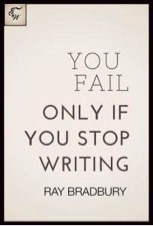
Finally, I encourage writers to google such subjects as: words to cut, writing killer sentences, plot structure, and showing, not telling. Knowing these things will make your writing stronger. Also, after you write the first draft, put it aside and read another book, get it out of your mind. Better, read two books. Then, go back and look at your manuscript with the eyes of an editor. And when you think you’ve seen about all you can, there’s a trick.
Change your manuscript somehow. Change the font, or the color of the text. It makes the text unrecognizable to your brain. You’ll see it as a new document, and the errors become so much clearer. My secret is to mail the document to my kindle and read it like a “real” book. That’s when the glaring mistakes jump out at me. Fix me! Fix me! It sure makes editing less straining. Maybe do the same thing for your beta readers when they read different drafts?

About the Author:
Jennifer Haskin is the author of the YA fantasy/romance series the Freedom Fight Trilogy. She is also a portrait artist and literary consultant. Jennifer lives in the Midwest with her husband and five children. When not attending writer workshops, she leads her own creative writing groups. She is a member of Savvy Authors, and Nebraska, Missouri, and Kansas City writers guilds. Actively publishing her debut trilogy, she is writing full time.
Links:
Amazon: https://www.amazon.com/dp/B079P7DMQ4
Website: www.jenniferhaskin.com
Twitter: http://twitter.com/haskinauthor
Pinterest: https://www.pinterest.com/1Haskinauthor
Instagram: http://instagram.com/Haskinauthor
LinkedIn: https://www.linkedin.com/in/jenniferhaskinauthor
Goodreads: https://www.goodreads.com/book/show/36341262-the-key-of-f
Facebook (Author): www.facebook.com/jenniferhaskinauthor
Facebook: www.facebook.com/HaskinOriginals
Disclaimer: The views and opinions expressed in guest blog posts do not reflect those of the host.

